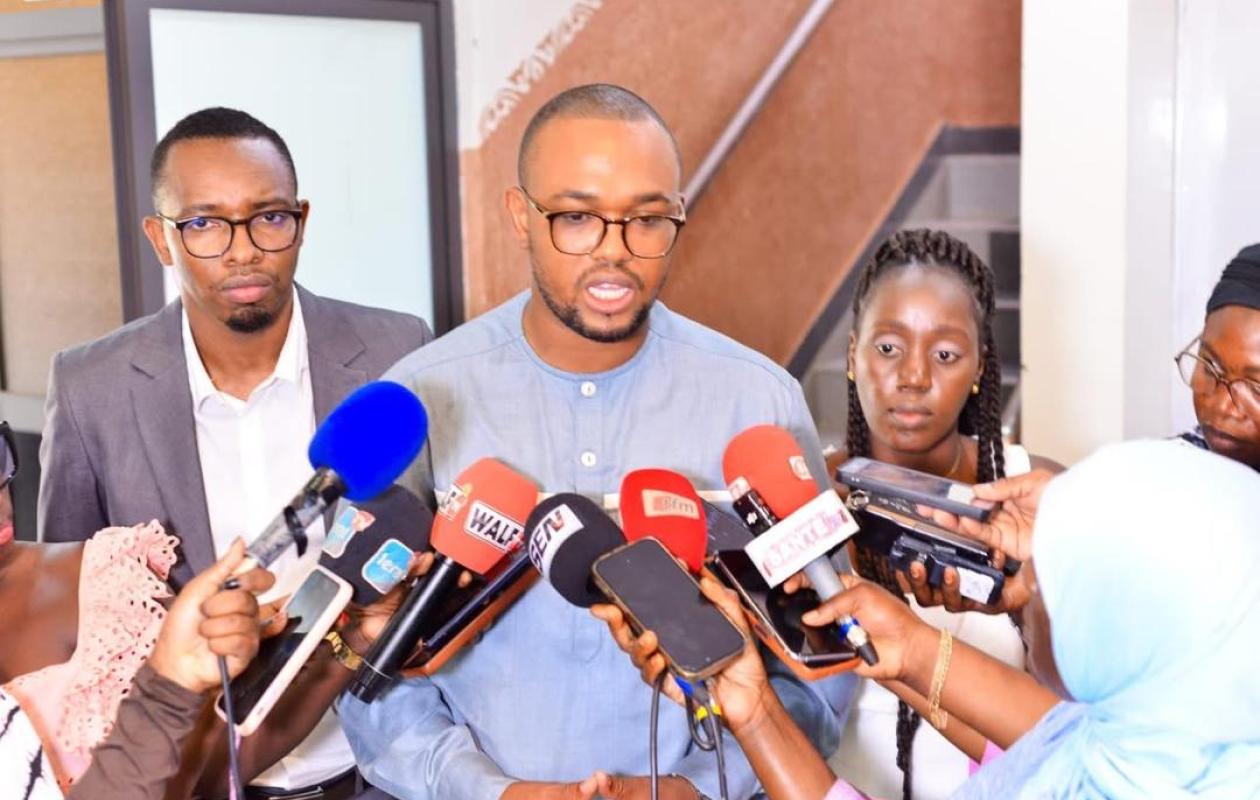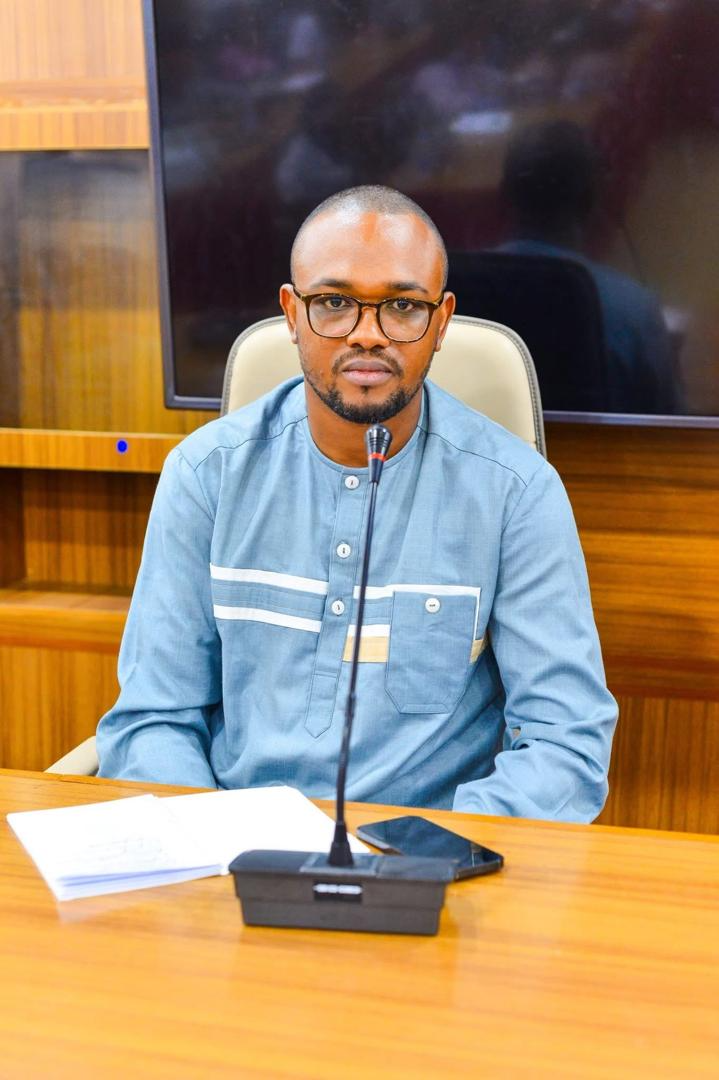
Dr Kanta Ka, oncologue-radiothérapeute : «Le cancer n’est pas une fatalité, mais… »
Radiation oncologist Dr. Kanta Ka dismisses any notion of resignation: "Cancer is not inevitable." According to him, a cure is possible if the structures, personnel, and infrastructure are available. "Cancer can be cured through early detection, if all the conditions are met. To deconstruct this "inevitability," we must intensify communication and conduct awareness campaigns. It is also crucial that patients have access to treatment and that their cures are visible. Proof by results is a powerful means of communication," he said on Tuesday, August 26, during the workshop on women's cancers organized in Dakar, at the conference room of the International Center for Research and Training in Applied Genomics and Health Surveillance (CIGASS) at Cheikh Anta Diop University. A meeting held at the initiative of the Association of Journalists in Health, Population and Development (AJSPD), through the Health in Light project, in partnership with the Bill and Melinda Gates Foundation, to equip reporters so that they become effective relays of awareness and advocacy.
Figures on female cancers in Senegal
In Senegal, women's cancers are a major public health concern. "Breast cancer is the most common, with approximately 1,838 new cases per year, followed by cervical cancer with more than 1,400 cases. Ovarian cancer remains much rarer. A 2008 study reported 6.9% of gynecological and breast cancers, while a study conducted at Idrissa Pouye Hospital in Grand-Yoff in 2025 reported a proportion of 14.78%," the organizers said. Between 2010 and 2016, 3,157 cases were recorded, with an average age of 50 (53% women versus 47% men).
Cancer is a costly disease worldwide, and Senegal is no exception. Diagnosis and treatment require significant resources. However, efforts have been made to reduce this burden, including the free provision of certain chemotherapy products. "Radiotherapy, although not free, is subsidized at 150,000 CFA francs for all sessions. But despite these subsidies, the treatment remains expensive for a large portion of the population," explained Dr. Ka.

The challenge of decentralizing care
Among the challenges, the oncologist highlights the need for qualified human resources and infrastructure adapted to diagnosis. "We need more laboratories, because diagnosis is often neglected in favor of treatment. Early detection is essential to reduce mortality, as is access to modern tools and innovative therapies," he says.
Dr. Ka also advocates for decentralized care: "Care should not be concentrated solely in Dakar, Thiès, or Touba, but should be accessible in all regions. This includes imaging for disease assessment and other diagnostic tools."
More than 30 million cases worldwide by 2040
Recalling global trends, he indicated that by 2040, the world will have more than 30 million new cases of cancer, including 16 million each year already recorded. Low- and middle-income countries account for 70% of this mortality. Among women, breast and cervical cancers remain among the most common and deadly. "There are 20 million new cases of cancer per year. The most common is lung cancer (the leading cause of death with 18.7%), followed by breast cancer (11.6%, or 665,000 deaths) and cervical cancer (660,000 cases and 348,000 deaths, or 3.6%)," he specified.
In Africa, 1.1 million new cases are recorded each year. Breast cancer accounts for 17% of female cases, followed by cervical cancer (11%). These two cancers are also among the leading causes of death.
Commentaires (1)
Le cancer fait des ravages dans ce pays les malades se retrouvent dans des situations terribles les analyses coûtent cher , les patients sont livrés à eux même on leur dit pas la vérité tu te retrouves a dépenser tout ton argent entre les ordonnances les radiothérapie, les chimio pour au final mourrir c'est terrible et ce kanta ka sait ce que les patients cancéreux vivent mais il ne dit rien c'est terrible
Participer à la Discussion